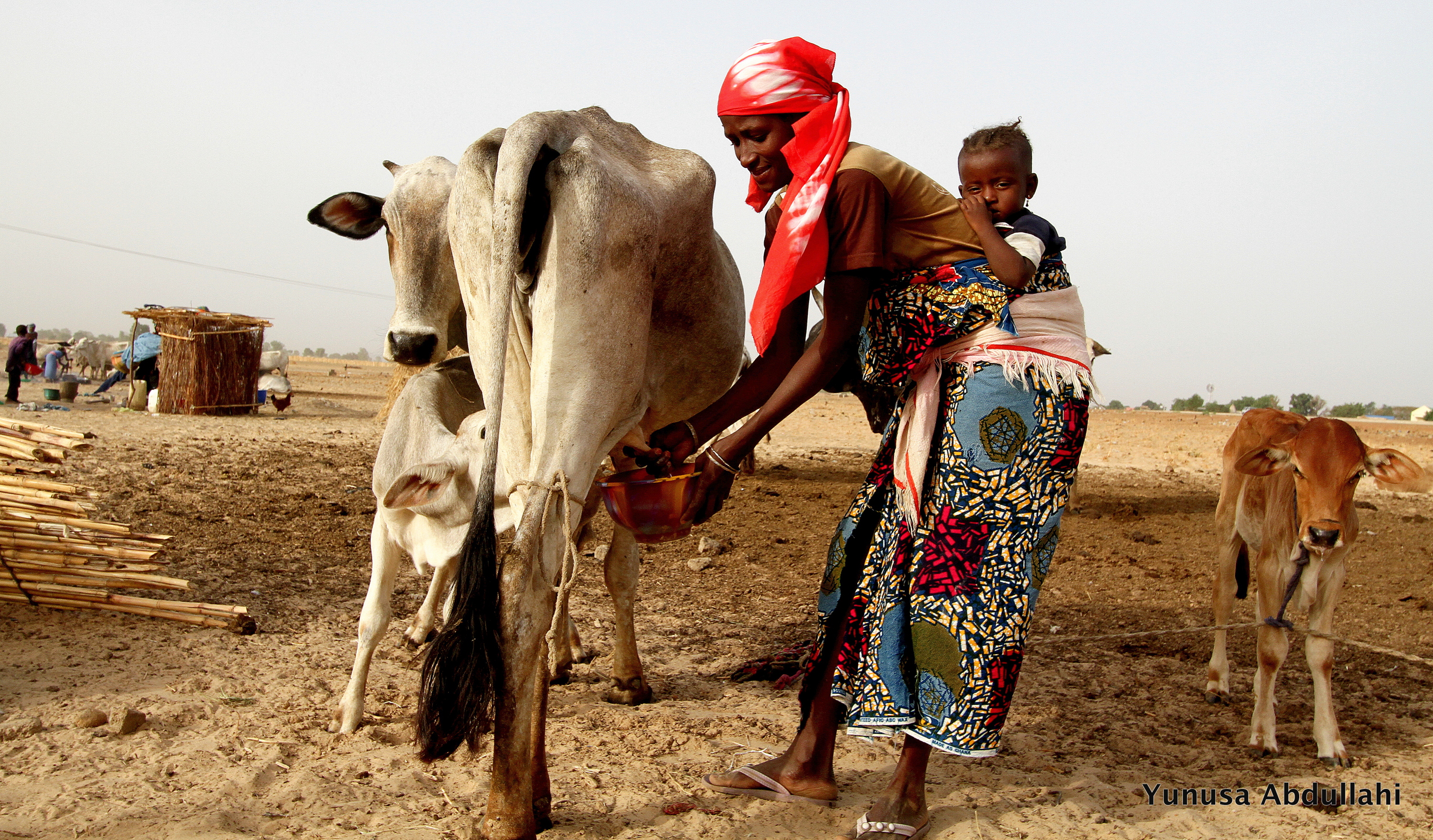It is important you own a home. Rephrasing, in Nigerian English, you should ‘build a house’. The effect of owning a home on your productivity and psyche cannot be overemphasized. Economists are not the only people who understand the benefits of owning a home, even your uncle in the village understands. For example, in Nigeria, if you buy a brand new car without having bought a land or ‘built a house’, your uncle might think you are stupid. No matter how much you try to convince him, he might not change his opinion about you. In fact, the more you try, the more he gets angry at your reasoning.
In this article, I argue that, presently, it is very unlikely that a family of four with an income of N100,000 will be able to own a home. Even if they try to own a home, it would require ‘great’ sacrifice – such as reducing the quality of their meals in order to save money.
Before I get into my thesis, let me make two personal comments. Let it be known that I admire Fashola and if I were to pick a mentor, I would pick him. Also, let me use this medium to commiserate with Kogi people, James Ocholi’s family and Barrister Fashola on the death of his colleague. May the souls of the all the faithful departed rest in peace.
Now, let’s get to the argument. If you have been studying Babatunde Fashola, the minister of power, works and housing, lately, you would agree with me that he has no concrete housing policy at the moment. This is not good. This is not good for a government that we thought were prepared to ‘change’ Nigeria. The other day he said that government would study Shagari and Jakande’s housing policy to see if there is anything they can take away from them. I thought they had a plan before they compelled me to vote for them? In another forum, the minister said government would build 40 blocks of housing in every state. He even went on to tell us how these ‘massive constructions’ would create jobs and reinvigorate the economy. So, let us examine the ministers ‘plans’. Note the word ‘plans’, I don’t think they are government policies yet.
Advertisement
Because housing is a very technical issue, I will attempt to simplify my analysis as much as possible. I will not bother you with a history of Nigeria’s housing policy from 1960. Scholars have argued that the inefficiency of these policies continues to make affordable housing a mirage for low income earners. In fact, former President Obasanjo even felt that those houses built by government had outlived their ‘benefit’ to government, thus, he sold them out to their occupants.
The minister says his short term plans of building block of flats are subject to budgetary allocation. He urged state governments to make lands available to federal government and also urged them to build access roads. In one article, the minister was quoted as saying he wants to spend 10 billion Naira, in each state, every year, for the next 4 years on providing affordable homes. Please note that the government the minister wants to spend these monies is broke. However, you can argue that it is right to invest borrowed money on things like housing. In another article, the minister was quoted as saying that housing budget would increase to hundreds of billions in the near future. But he didn’t tell us how this would happen. Besides, I didn’t even see the ‘10 billion Naira thing’ per state in the budget the minister just defended. Or was he referring to 10 billion Naira for home construction for the whole country yearly.
For a country with 17 million housing deficit, the proposed intervention might be unachievable. Not only because the manner these houses would be allocated will be opaque, it might end up not being affordable. Did I hear you say Fashola did it in Lagos? Really?
Advertisement
Besides, who said Nigeria’s population was 170 million. Nigeria’s statistician- general just told us, the other day, that he wasn’t sure Nigeria’s population was 170 million. I hope you didn’t miss that scary news. If you don’t know the population of your country, you might not be able to have any meaningful plan. Well, my position is that the housing deficit is even more than the 17 million bandied about. Anyways, let me be fair to this government – last year’s housing budget was just 1.8 billion. But, I thought we were expecting change from the present government?
There is a common sense question you ought to ask Fashola at this juncture. I hope Senator Ben Bruce doesn’t accuse me of plagiarism. Humor apart, how does the average low income earner own a home in Nigeria? He doesn’t buy his house off the shelf like the elites in Abuja or Lekki. He first buys a land, moulds some blocks and waits till he gets some cash to dig the foundation trenches. This is the scheme Fashola should address. How? Advocate for a review of the land use act. Scholars have argued that the greatest impediment of owning a home is the opaqueness inherent in the sale of lands in Nigeria. Space will not allow me elaborate on this in this piece. Let me remind you that you might not be the owner of that beautiful duplex you built with your hard earned money. All lands in Nigeria belong to the state governor!
Let us look at his plans on adopting Shagari and Jakande’s models. Lateef Jakande built his low cost houses in Lagos when Council Flats were in vogue in the UK. Jakande apparently got inspiration from the UK Council houses. Council houses are UK’s social housing scheme. If you follow the debate on Council houses in the UK, I am not sure you will be happy Fashola even mentioned copying from it in the present day Nigeria. Council flats have solved social problems in the UK and its still solving, but we cannot afford it now. Shagari and Jakande’s social house scheme solved a lot of problems in Nigeria. But, that was Nigeria of the70s and 80s. Jakande even struggled to construct those 30,000 homes when Nigeria had a lot of money. Lateef was an icon, but that was then.
Since the minister has not shown Nigerians a comprehensive housing policy, I will stop here till he shows us one. Thus, I won’t ask him what he thinks of the Nigerian Mortgage Refinance Company (NMRC). For now, let’s wait till we see a comprehensive road map. Especially the minister’s plan for private sector participation in the provision of low-income homes. For now, let me still withhold some ideas I have on helping the very poor own homes.
Advertisement
My thesis is that, as things are, it is going to be difficult for the family I mentioned in the introductory paragraph to own a decent home in Nigeria. They might be able to own shanties, though.







